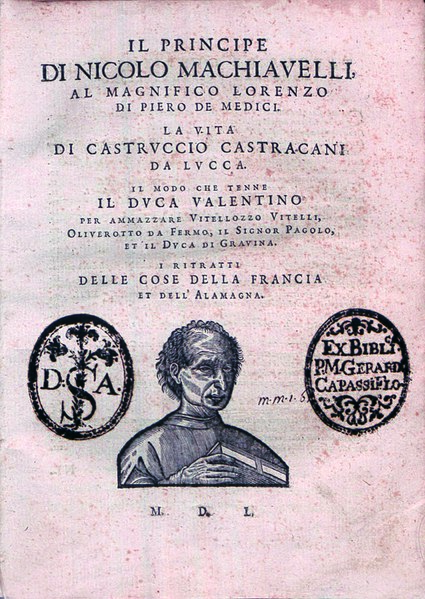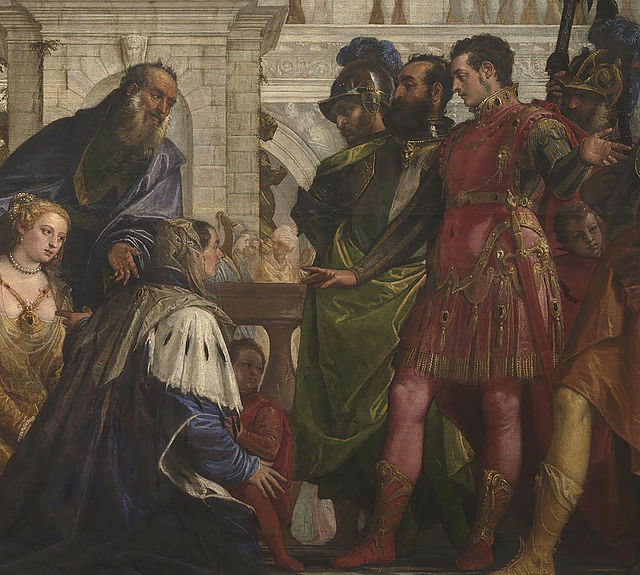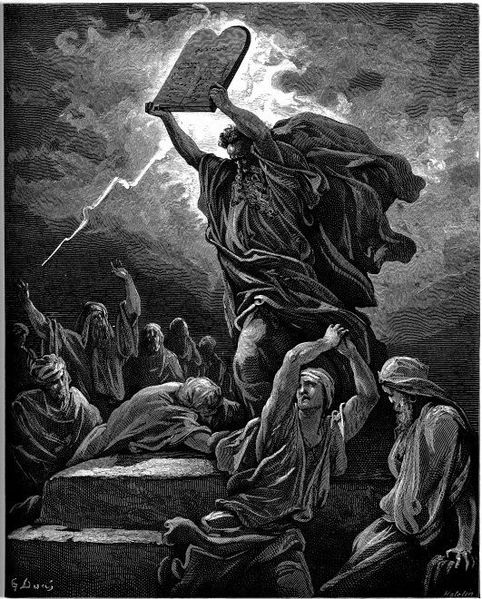The Prince is a 16th-century political treatise written by the Italian diplomat, philosopher, and political theorist Niccolò Machiavelli in the form of a realistic instruction guide for new princes. As a remarkable general theme, The Prince appears to take it for granted that immoral acts are justified if they can help achieve political glory.
Title page of a 1550 edition
A 16th-century Italian impression of the family of Darius III, emperor of Persia, before their conqueror, Alexander the Great: Machiavelli explained that in his time the Near East was again ruled by an empire, the Ottoman Empire, with similar characteristics to that of Darius—seen from the viewpoint of a potential conqueror.
Machiavelli described Moses as a conquering prince, who founded new modes and orders by force of arms, which he used willingly to kill many of his own people. Other sources describe the reasons behind his success differently.
Leo X: a pope, but also a member of the Medici family. Machiavelli suggested they should treat the church as a princedom, as the Borgia family had, in order to conquer Italy, and found new modes and orders.
A treatise is a formal and systematic written discourse on some subject concerned with investigating or exposing the principles of the subject and its conclusions. A monograph is a treatise on a specialized topic.
Title page of Sir Isaac Newton's Mathematical Principles of Natural Philosophy (1687)





